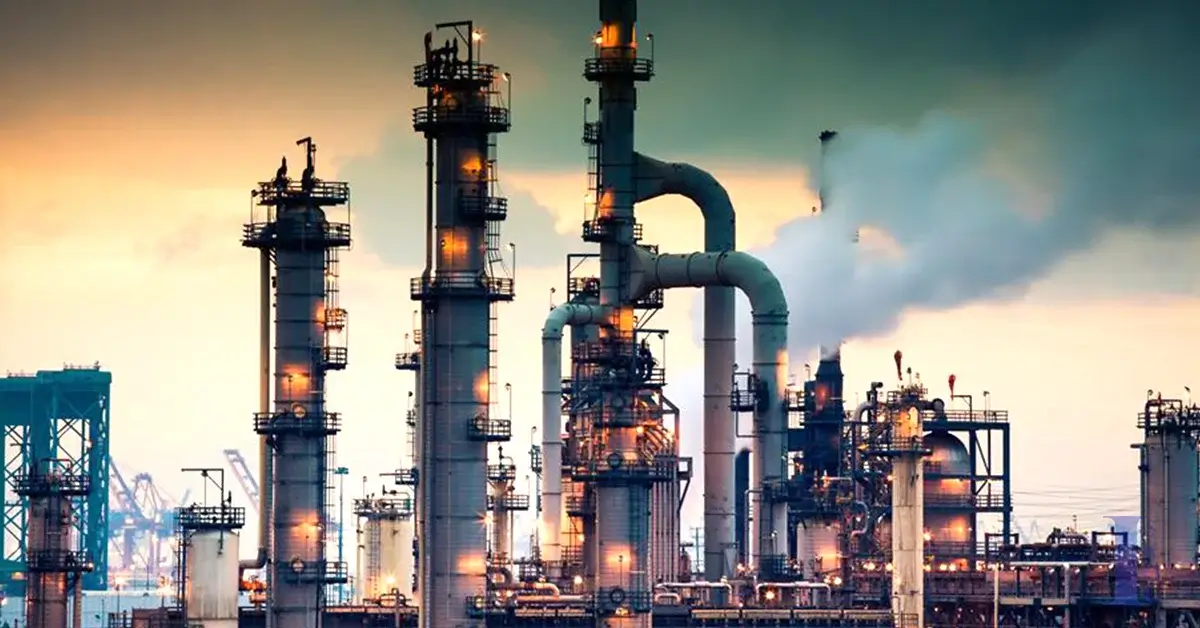Chemical plants are the backbone of numerous industries, crucial for everything from manufacturing to agriculture. With operations that utilize complex chemical processes involving hazardous materials, maintenance in such plants isn’t merely optional—it’s a critical aspect of operational safety, efficiency, and regulatory compliance. However, establishing a robust maintenance strategy in these facilities comes with its own set of challenges.
This comprehensive guide is tailored for chemical engineers, plant managers, and environmental safety professionals seeking to enhance their maintenance operations. We’ll explore best practices and essential considerations for maintaining the integrity of your chemical plant, increasing equipment longevity, and ensuring the safety of operations at every step.
The Significance of Maintenance in Chemical Plants
In a chemical plant, the cost of unplanned downtime can be catastrophic. Beyond financial strain, it can lead to environmental hazards and, more critically, compromise the safety of the workforce and local communities. A proactive maintenance plan is, therefore, indispensable.
Understanding Maintenance in Chemical Context
Unlike other industrial equipment, chemical plant machinery often deals with corrosive substances, high-pressure systems, and extreme temperatures. This accentuates the importance of meticulous maintenance to avoid equipment failure, spillage, and leaks that could result in a disaster.
Strategic Importance of Routine Inspections
Implementing routine inspections is akin to conducting a check-up on the heart of your operations. It guarantees that critical components are functioning as designed and allows for proactive measures to be taken well before a potential issue escalates.
Routine Inspections
Regular checks and assessments should be the bread and butter of your maintenance strategy. To maximize efficiency, these inspections should be part of a larger, planned schedule, with targets and benchmarks to ensure accountability and thoroughness.
Setting Up Preventive Maintenance Schedules
Establishing protocols for preventive maintenance is fundamental. It should include not only the frequency of checks but also the tools, technologies, and methodologies required to carry out these inspections.
The Role of Level Transmitters in Your Inspection Strategy
Level transmitters are pivotal for measuring the content levels of your chemical tanks. We will explore the importance of integrating these devices into your plant’s general maintenance efforts and the potential consequences of overlooking them.
Equipment Maintenance
Regularly cleaning and attending to the mechanical aspects of your equipment is a primary defense against operational disruptions and safety incidents.
Standard Operating Procedures for Cleaning
Cleaning chemical processing equipment isn’t a one-size-fits-all endeavor. Different materials and chemical compounds require specific techniques and cleaners to avoid contamination and damage, which we’ll detail in the guide.
Efficient Lubrication and Calibration Practices
Lubrication is often the unsung hero of maintenance. We’ll discuss how to determine the right lubricants for your equipment and how to avoid over-lubricating, a common source of issues. Similarly, calibration is vital for the accuracy of metering and dispensing equipment, and we’ll touch on calibration best practices.
Safety Protocols
Unsafe maintenance practices can lead to accidents and health hazards. Incorporating stringent safety protocols is not just a regulation requirement but a moral imperative to protect your team and the surrounding environment.
Handling Hazardous Materials Safely
Proper training, personal protective equipment (PPE), and well-documented handling procedures are your first line of defense when it comes to dealing with dangerous materials.
Emergency Response Plans
No matter how comprehensive your safety protocols are, you must be prepared for the worst. An up-to-date emergency response plan can mitigate the impact of the incident and possibly prevent it from escalating further.
Environmental Considerations
Chemical manufacturing has a significant environmental impact. From waste handling to pollution prevention, an eco-centric approach to maintenance is essential for sustainability and adherence to regulatory standards.
Efficient Waste Management
Effective waste management isn’t just about disposal; it’s also about optimizing processes to minimize waste generation and ensure that any waste produced is handled and processed in a manner that avoids harm to the environment.
Conclusion
The meticulous execution of maintenance strategies in chemical plants can be time-consuming and complex, but the consequences of not doing so can be dire. By adopting the best practices outlined in this guide, chemical engineers and plant managers can not only protect the longevity of their equipment and operations but also guard the safety and health of their workforce and the environment.










